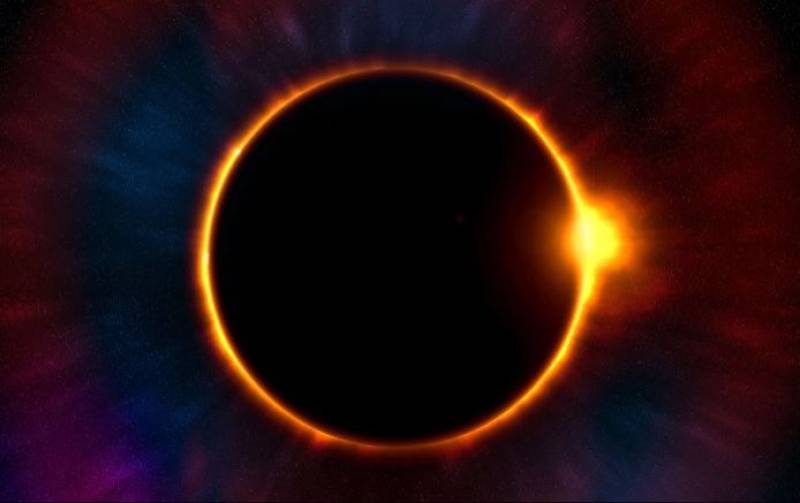Spain prepares for once-in-a-lifetime trio of eclipses
ARCHIVED ARTICLE -
The government has created a special commission to handle hundreds of thousands of eclipse chasers as Spain has a front-row seat
Spain is about to become the hottest destination for astronomy fans worldwide, with an incredible trio of solar eclipses heading its way over the next three years. And the government is already scrambling to prepare for what could be the biggest astronomical tourism event in the country's modern history.
The star of the show arrives on August 12, 2026, when
Spain will witness its first total solar eclipse since 1905. Adding to the excitement, it will be the Western country with one of the best views of the celestial drama, making Spain a prime destination for eclipse chasers from around the globe.
The total eclipse, according to the National Geographic Institute, will cross "the Arctic Ocean, northeastern Greenland and the western tip of Iceland, will cross the Atlantic Ocean and enter the Iberian Peninsula, crossing it from west to east," passing through provincial capitals such as La Coruña, León, Bilbao, Zaragoza,
Valencia and Palma de Mallorca. Meanwhile, it will be partial in much of North America, Europe and northeastern Africa.
But that's just the warm-up act. On August 2, 2027, another total solar eclipse will grace Spanish skies, though this time in a much smaller area covering
Cádiz and southern
Málaga. Spain will be the only European country to experience it, as the eclipse travels from the Atlantic through the Strait of Gibraltar and along the African coast to Egypt before ending in the Indian Ocean.
The trilogy concludes on January 26, 2028, with an annular solar eclipse – the kind where the sun leaves a spectacular ring of fire around the moon. This one will be visible at dusk from almost all of
Andalucía, southern Extremadura, Castilla-La Mancha, parts of Madrid, Aragón,
Murcia, Valencia, Catalonia and the western Balearic Islands.
Recognising that Spain is about to become eclipse central, the government has created an Interministerial Commission to handle what they're calling the "Eclipse Trio 2026-2027-2028." The commission was approved at the last Council of Ministers before summer.
The reason for the commission is that the government is expecting hundreds of thousands of people to flood the areas where the eclipses will be total, creating massive logistical and security challenges.
The commission will be a massive undertaking, involving twelve different ministries plus major astronomical institutions like the National Astronomical Observatory, the Institute of Astrophysics of the Canary Islands and the Institute of Astrophysics of Andalucía. It'll be chaired by the Secretary of State for Science, Innovation and Universities, Juan Cruz Cigudosa, with support from the Transport Ministry.
Their job won't be easy. They'll need to ensure safe mobility for massive crowds, guarantee basic services like water and food in remote viewing areas, manage fire risks during what's
typically Spain's driest season and protect people's eyesight from those trying to look directly at the sun without proper equipment.
The commission will get to work within a month and will stay active until 2028, when the last eclipse wraps up. Interestingly, they're planning to do all this without any additional budget, using existing ministry resources and personnel.
For Spain, this represents an unprecedented opportunity to showcase the country on the world stage. Eclipse tourism is serious business, with dedicated fans willing to travel anywhere for a few minutes of totality. Having three eclipses in quick succession, with Spain being the prime viewing location for two of them, is essentially winning the astronomical lottery.
Image: Pixabay
article_detail

|














